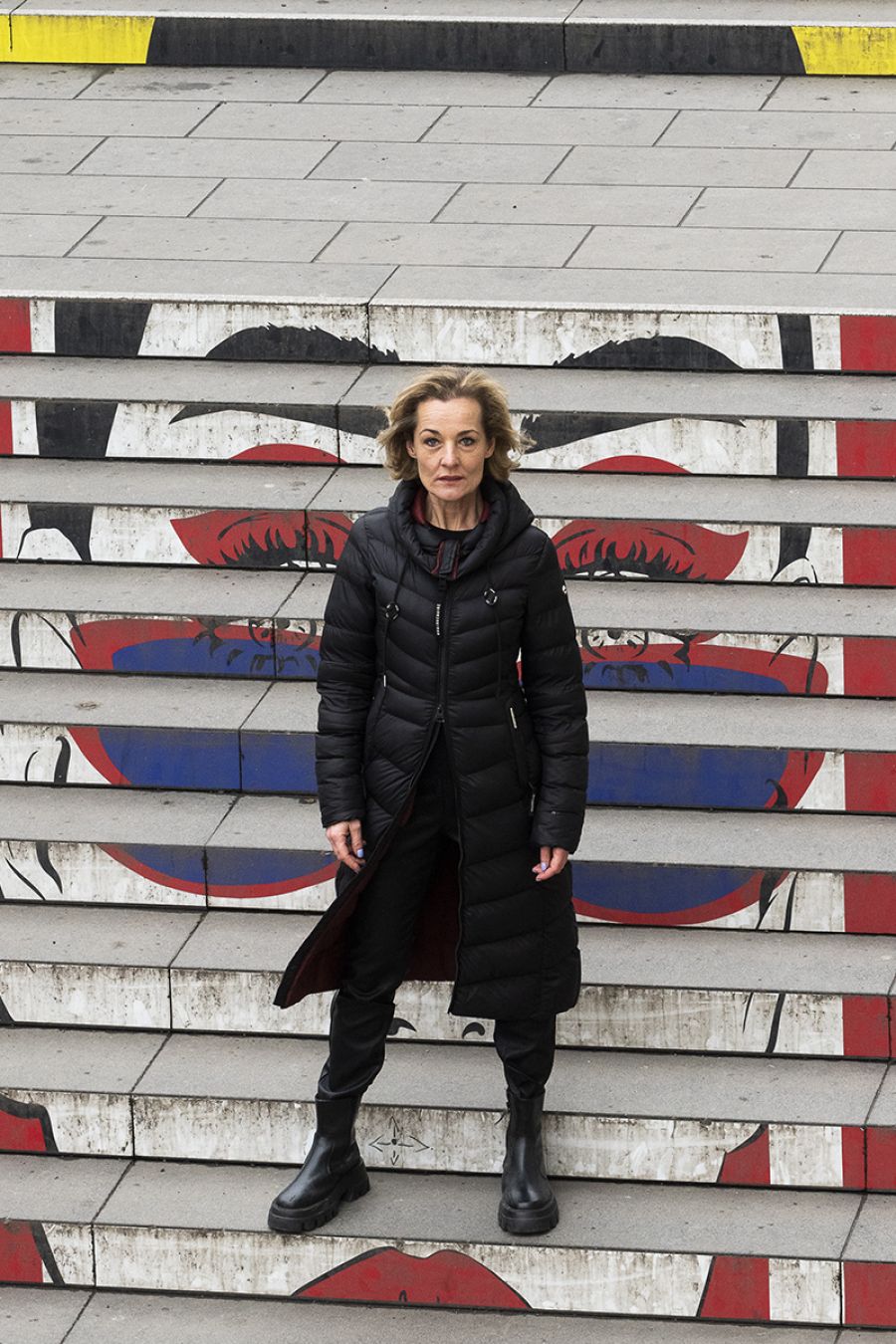Wer überwacht die Überwacher? - Deutsche Oper Berlin
Who will watch the watchmen?
Author and director Christiane Mudra transposes long-term research to the stage in an exciting evening of musical theatre. BETA, a work produced jointly with composer Dariya Maminova, explores the power of technological giants.
Ms Mudra, describe the crossover between investigative theatre and investigative journalism.
The two genres are governed by the same research principles. For me, depth and rigorousness are the essential ingredients. Investigative theatre renders research findings in sensuous form, so the audience can experience what’s going on. I want to sensibilise people in a way that keeps them thinking about the issues after the curtain has come down.
How do you present a piece of research as a work for the stage?
You have to strike a balance between too much information and too little. For BETA I’ve been talking to a lot of insiders because I’m interested in nuances and ambivalences within individuals. I use leaked material, read a lot of studies, look at EU legislation and so on. It’s all then got to be configured for the stage.
Do the audience need to have a level of background knowledge beforehand?
I always try to find a dramaturgical form that everyone can connect with. A certain amount of compressing of issues is inevitable, but without distorting the facts. As AI innovation is charging ahead right now, we’ll probably be making adjustments right up to the last minute.

Wouldn’t you reach more people if you aimed at a readership?
If you ask me, where lasting impressions are concerned, it’s a toss up between quality over quantity. It’s scary how fast I can forget stuff that I’ve only read. If I watch stuff happening, it tends to stick.
Is there stuff that only theatres can present to audiences in the broadest sense of the word?
I think so. A few years back I directed a piece about mass surveillance. Participants were despatched individually on a kind of paper chase, in which they had to gather information on surveillance scandals. While this was going on they were being phoned and observed, prior to being interrogated and confronted with a file that had been compiled revealing the digital traces they had left, e.g. on Facebook. It was quite an eye-opener for the audience – and that’s what I’m trying to do. The audience will be active participants in BETA, too.
BETA features an encounter between a politician, a hacker and a businessman. Why these three characters?
It helps to focus the action. A lot of technological developments – algorithms, for instance - are hard to visualise. I want to show that these abstract processes have real-life repercussions. I feature characters like Peter Thiel, Mark Zuckerberg and Elon Musk. With their faits accomplis, these corporations are always one step ahead of legislatures. Here, too, I’m posing the question: what are their endgames and what part will we be playing in those games?
And what part are we playing as the audience?
BETA stands for the beta version, the prototype of a technical product that’s been tested on the users. In one sense we’re all beta testers, because the long-term effects of the tech revolution on society are not yet known. We’ve got to keep sight of issues like data protection, privacy and civic rights. The digital space is no less important than the analogue world.
Interview by Samira El Ouassil. A writer and podcaster, El Ouassil has won awards for her media-critical columns.





